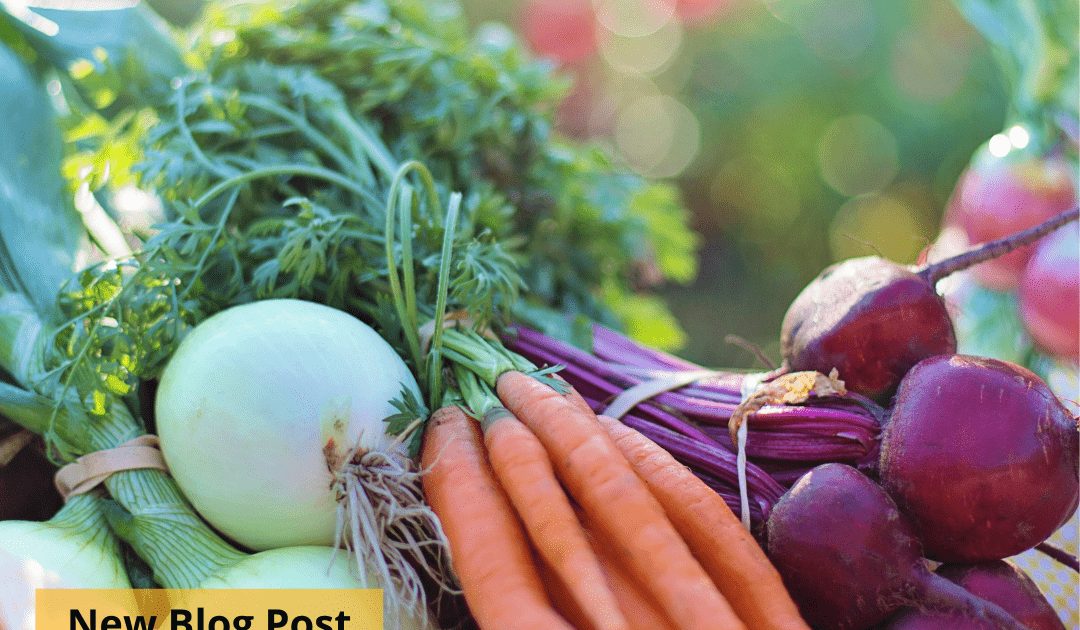In some cultures, it is tradition to ring in the New Year in January with an opportunity to grow and develop and make resolutions to be a new you. Quite often, these resolutions will revolve around health, with new goals being to go to the gym more, cut down on fatty snacks, or give your body a detox with a “dry January”. One organization in particular has made good use of this “new” mentality to propose a particular adaptation for the month of January, with diet being a very large component. That organization is Veganuary, a non-profit organization taking would be New Year resolutions to the next level, bringing people, brands, restaurants and supermarkets together for the ultimate goal of eating a plant-based diet.
One of the impacts of eating a plant-based diet is abundantly clear – by not consuming animals, our impact on their lives and deaths is significantly diminished. Quite obviously, if we don’t eat them, they won’t be born, raised, and slaughtered for our consumption. But there are other effects of a plant-based diet that may not be as obvious at first glance. Besides from the direct impact on the animals themselves, consumption of animals has wider implications as well. For example, the greenhouse gas emissions produced by almost every plant food is lower than the greenhouse gas emissions generated when animals are raised for food. At least a component of this excess greenhouse gas emission isn’t directly from the animals themselves, but from the food that must be grown to feed to the animals before the animals themselves are slaughtered to be processed into food. By the numbers, this is inherently a wasteful process, as more food must be grown to feed to animals than if we were to just eat the food directly ourselves, and these numbers continue to grow every year.
In our current global climate crisis, reduction in greenhouse gasses is critical, and adoption of a plant-based diet is an easy way to reduce that footprint, without having to consider more radical life adaptations like travel restriction or giving up your car. Furthermore, the health benefits of plant-based diets are becoming more and more evident each passing day. It seems like a win-win situation: by cutting animal products out of our diets, we reduce our harm to them, the environment, and even to our own bodies.
But what does this have to do with pet nutrition?
Well, if you sign up for the Veganuary pledge, your companion may be able to join you!
It isn’t just our own actions that have impacts on the people and world around us. The population of companion dogs and cats is now so large that the decisions we make for them hold weight on a scale comparable to our own, particularly when we examine the way we feed Fido and Fluffy. Of course, being facultative and obligate carnivores, the diets we have fed dogs and cats contain animal products. Depending on the type of food, much of the animal ingredients in many pet foods may come from the same animals that were slaughtered for human consumption. These are the by-products generated that would otherwise be considered ‘waste’ as they aren’t parts of animals that humans prefer to consume. However, with growing trends in feeding ‘human grade’ and home prepared foods, there is some competition between production of animals for human consumption and for consumption by companion dogs and cats. The way we feed dogs and cats currently may contribute up to 25-30% of the environmental impacts of animal production. So, extending that Veganuary pledge to our pets might warrant consideration.
Of course, as dog and cat lovers we want to know that feeding a plant-based diet to our traditionally carnivorous pets won’t be harmful to their health. In North America, there are a number of plant-based pet foods commercially available that have been formulated to meet the nutrient profiles recommended by the Association of American Feed Control Officials. This is our baseline for determining if a diet is nutritionally adequate or not. By feeding a diet that contains all of the essential nutrients in the amounts recommended, we have more confidence that the animal is getting everything they need from their diet. Indeed, preliminary studies look promising regarding associations between pet health and plant-based diets.

Whenever dietary changes are being considered for a pet, it is recommended that these are done so under the guidance of the pet’s primary healthcare provider. Some pets are quite adaptable and can easily and rapidly switch between diets, while others have more sensitive systems and require a gentler approach. To be safe, whenever transitioning a pet from one diet to another, it is recommended to do so slowly and gradually to avoid potential for adverse reaction. Lastly, regular routine veterinary checkups are always recommended to proactively monitor every pet’s health and wellbeing.
Written by:
Dr. Sarah Dodd, BVSc, MSc, PhD Candidate, ECVCN Resident
Edited by:
Shoshana Verton-Shaw, RVT, VTS (Nutrition)


